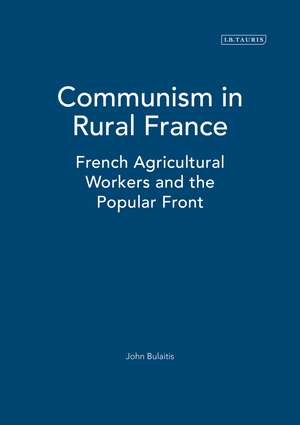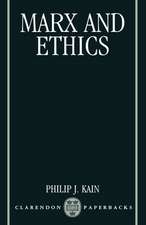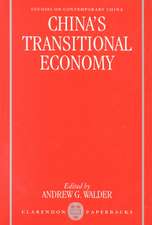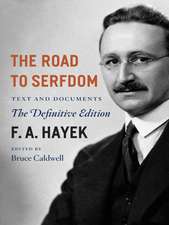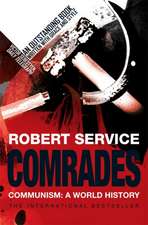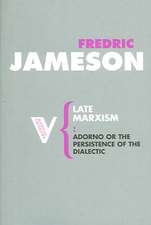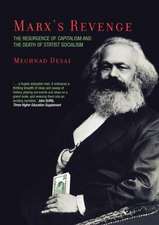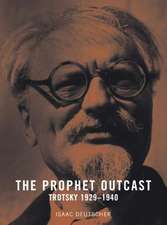Communism in Rural France: French Agricultural Workers and the Popular Front
Autor John Bulaitisen Limba Engleză Hardback – 14 oct 2008
Preț: 715.73 lei
Preț vechi: 1028.38 lei
-30% Nou
Puncte Express: 1074
Preț estimativ în valută:
136.95€ • 149.23$ • 115.40£
136.95€ • 149.23$ • 115.40£
Carte tipărită la comandă
Livrare economică 24 aprilie-08 mai
Preluare comenzi: 021 569.72.76
Specificații
ISBN-13: 9781845117085
ISBN-10: 1845117085
Pagini: 264
Ilustrații: Illustrations, maps
Dimensiuni: 156 x 234 x 25 mm
Greutate: 0.54 kg
Editura: Bloomsbury Publishing
Colecția I.B.Tauris
Locul publicării:London, United Kingdom
ISBN-10: 1845117085
Pagini: 264
Ilustrații: Illustrations, maps
Dimensiuni: 156 x 234 x 25 mm
Greutate: 0.54 kg
Editura: Bloomsbury Publishing
Colecția I.B.Tauris
Locul publicării:London, United Kingdom
Notă biografică
John Bulaitis teaches at the University of Essex, specialising in twentieth-century French history. He obtained his PhD from Queen Mary, University of London. He has taught European history at Queen Mary, Royal Holloway and the Open University and translation at London South Bank University. He has also worked at Goldsmiths College, University of London, organising outreach work in schools and colleges. His forthcoming biography of Maurice Thorez will also be published by I.B.Tauris.
Cuprins
Tables and IllustrationsChapter 1. IntroductionChapter 2. The Legacy of pre-1914 French SocialismThe emergence of the 'peasant question'Socialist agrarianismThe French agricultural worker in the early twentieth centurySocialists and the agricultural strike movementChapter 3. Communist agrarianism, 1921-28The Comintern and the agricultural proletariatThe Marseille thesis: 'nothing has changed'.Post-war agricultural workers' unionismThe 'absurdity' of the class struggle in the countrysideChapter 4. 'Class against Class' in the countryside, 1928-34The agricultural proletariat at the centre of agrarian strategyThe FUA during the 'class against class' period (1928-32)Winter 1932/3: a new orientationChapter 5. Communists and the agricultural labour force, 1933-35'A rural proletariat comparable to the industrial proletariat' Building the FUA in the Calais regionVive Marcel Cachin!', 'Vive Monsieur Béhin!'Agricultural workers' unionism and the immigrant workerThe Peasant Popular FrontChapter 6. Rebellion in the fields, 1936-37'We will no longer be common bastards'The communists and the Calais strike movementWho led the farm strikes?An agricultural Matignon?The 20 July 'general strike'The Battle of ArrasThe FNTA in face of a counter-offensive 1937: Radicalisation and defeatChapter 7. Characteristics of the farm strikesThe farm strikes as community strugglesFarm occupationsImmigrant workers: the 'spearhead of the movement'? Chapter 8. The farm strikes and the policy of 'peasant unity'Waldeck Rochet and the strike movementThe strikes and the 'small and middling' farmersUniting workers and farmers in the CantalA 'fascist provocation' in the CalvadosTwo ideas on 'peasant unity'Conclusion SourcesBibliography
